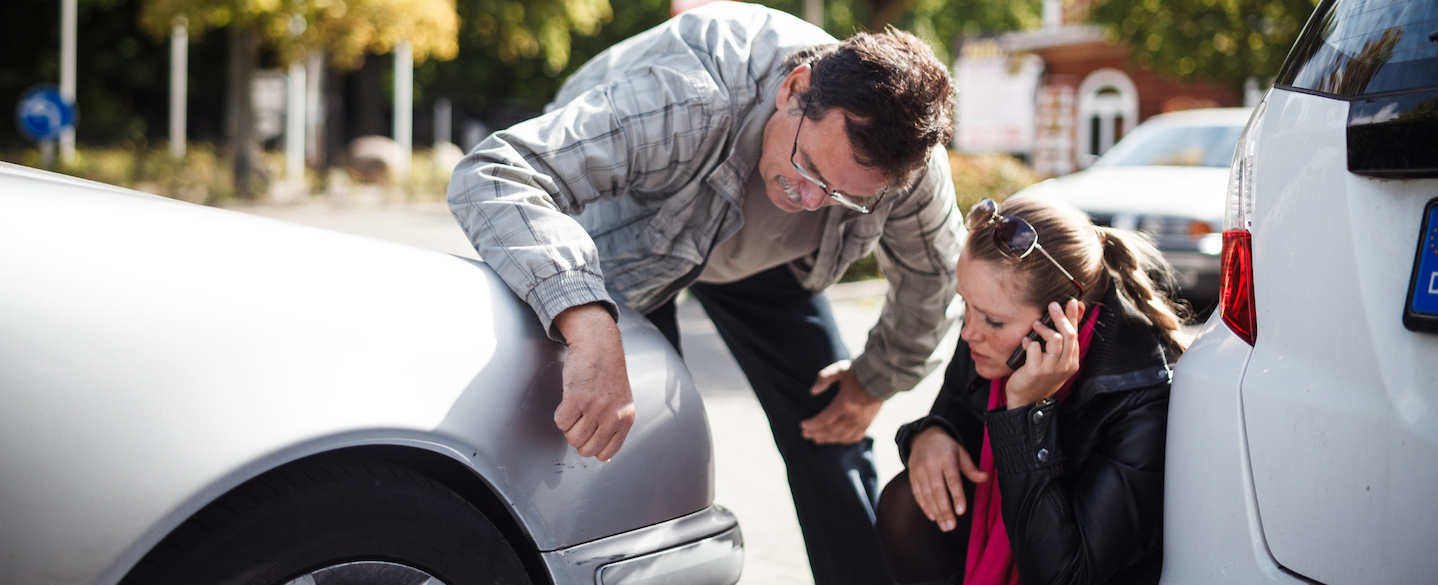Your Twitter account now no longer needs you to survive — in a very literal sense. Even if you die, your account will keep on ‘tweeting on’ by sharing content similar to yours.
Engineers at Lean Mean Fighting Machine is collaborating with experts at Queen Mary University to create a new app called, LivesOn.
The plan is simple. The app studies your tweet patterns and creates a digital ‘twin’, which will eventually impersonate you after death. You just need to hand over your twitter password to the company or to a friend with specific instructions on, when to ‘execute’ this program.
LivesOn’s tagline is rather macabre: “When your heart stops beating, you’ll keep tweeting. Welcome to your the social afterlife.”
The product, however, isn’t complete yet, but the creators are saying that advances in the field of AI are bringing them ever closer to their final goal. Because of Twitter’s limitations on message size, users generate a massive number of tweets, giving machine-learning algorithms a massive set of data to copy writing styles from.
The software seems even more plausible, considering the increasingly realistic virtual spam bots that have now become common online, and how AI programs are performing better at Turing Tests.
But LivesOn isn’t the only company that’s trying to compete in the ‘virtual afterlife’ market, the app ‘DeadSocial’ allows you to schedule messages to be posted on your Facebook wall after your death.
Not everyone, though, seems comfortable with the idea, but both LivesOn and DeadSocial have gotten messages expressing interest from thousands.
If social media such as Facebook and Twitter are to survive for a long period of time, how they handle death may become an extremely important issue. And in many ways now, a person’s Facebook profile seems to be much more effective than a tombstone.
Remember to follow us on www.facebook.com/techChronicle for more crazy tech stories from the digital frontlines of innovation.
source: The Asian Age




